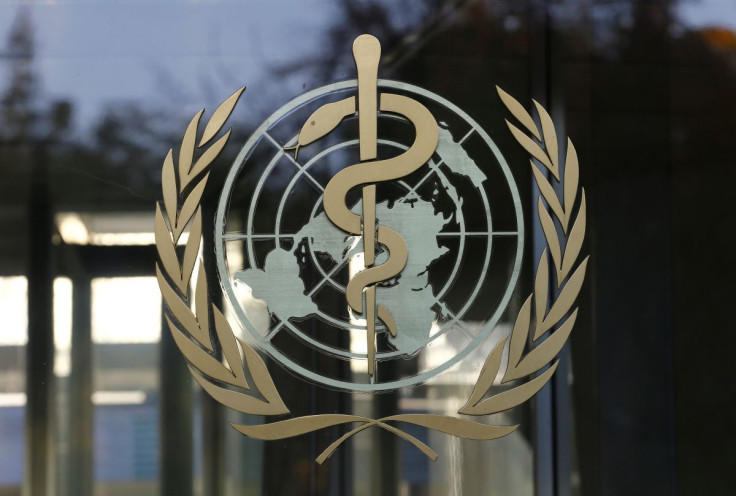Monkeypox Not A Global 'Public Health Emergency' So Far: WHO
KEY POINTS
- The WHO Director-General concurred with the Emergency Committee's advice
- That said, they recognized the "emergency nature" of the outbreak
- Monkeypox has been "neglected in terms of research, attention and funding" the director-general said
The current multi-country monkeypox outbreak is not a global "public health emergency" so far, the World Health Organization (WHO) Emergency Committee has decided.
The Emergency Committee determined after the emergency meeting about the monkeypox outbreak on June 23 that the outbreak doesn't warrant being considered a Public Health Emergency of International Concern (PHEIC) "at present," the WHO announced in a statement Saturday. A PHEIC is said to be the highest alert level that the WHO can issue.
WHO Director-General Tedros Adhanom Ghebreysus reportedly "concurs" with the decision. As the WHO explained, under the International Health Regulations (IHR), a PHEIC is "an extraordinary event, which constitutes a public health risk to other States through international transmission, and which potentially requires a coordinated international response."
"While a few members expressed differing views, the committee resolved by consensus to advise the WHO director-general that at this stage the outbreak should be determined to not constitute a PHEIC," the WHO said.
The Committee provided advice based on scientific evidence presented by WHO & several countries, & discussions on:
— World Health Organization (WHO) (@WHO) June 25, 2022
🔹 latest epidemiological trends
🔹 contact tracing activities
🔹 impact of large gatherings
🔹 access to vaccines & medicines
🔹 risk of stigma for groups at risk pic.twitter.com/z7tRzgAWL5
However, the committee "unanimously acknowledged the emergency nature of the event," noting the need for "intense" efforts to prevent the further spread of the disease, and expressed concerns about possible stigmatization of the affected groups, which could harm the response efforts.
The WHO statement also indicated how the response to the outbreak in the countries where it is not endemic should trigger more efforts in addressing it in the long term and ensuring access to supplies worldwide. Prior to the meeting, leading scientists from Africa had already expressed their criticisms, noting that the disease has been affecting the region for years.
"When a disease affects developing countries, it is (apparently) not an emergency. It only becomes an emergency when developed countries are affected," Professor Emmanuel Nakoune of the Institut Pasteur in Bangui, Central African Republic previously said.
"This must change not just for monkeypox but for other neglected diseases in low-income countries as the world is reminded yet again that health is an interconnected proposition," the WHO director-general said in a statement, noting that monkeypox had been "neglected in terms of research, attention and funding" even though it has been circulating in African countries for decades.
The WHO said in a tweet that the director-general may reconvene the Emergency Committee "as the situation evolves and if immediate reevaluation of the event is required."
As of the 5 p.m. EDT on June 24, U.S. Centers For Disease Control and Prevention's global case count logged a total of 4,106 cases, with the U.K. leading the tally with 910 cases.

© Copyright IBTimes 2025. All rights reserved.






















